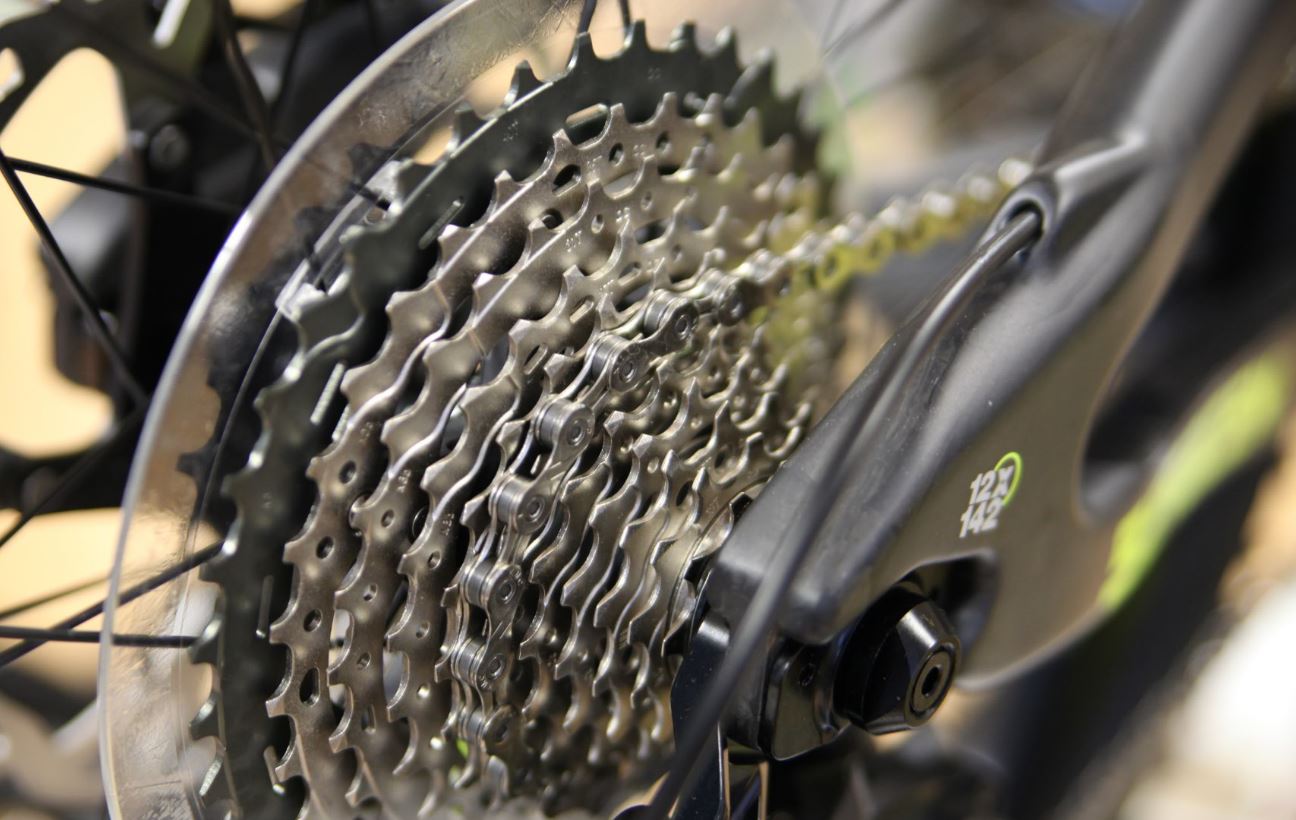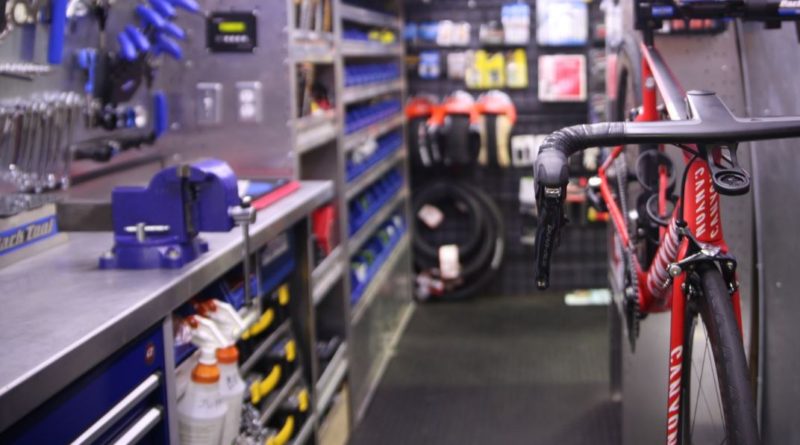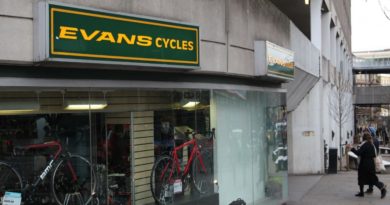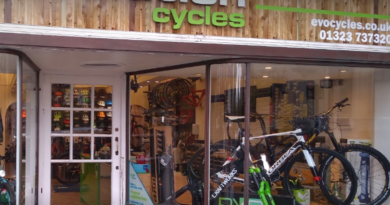Ask the Trade: Can the independent bike dealer tap into B2C trade or is it a threat to future business?
For the second issue of the CyclingIndustry.News Trade Journal we kicked off once more with a focus on the the retail business, the challenges and the opportunities available in the present climate. Starting with the emergence of direct to consumer models, we begin this series by asking our panel; Do you foresee a means by which the bike dealer can tap into the direct to consumer trade and what are the benefits?

Neil Holman, George Halls Cycle Centre
I did assess this when Raleigh launched a consumer facing element, though concluded it was a positive. A lot of my customers are largely influenced by their colleagues or friends, most of whom will have dealt with us in the past. Growth opportunities are shrinking for the bike shop, so I think anything that markets a brand and furthermore its stockists is not to be feared. A brand’s biggest asset is its dealer network.
Bike shops, in many cases, can also be oversubscribed to their suppliers, so a click and collect model might be preferred. Unfortunately too many dealers have the gift of the gab with their accounts when it comes to taking stock. Try that with five or six accounts at once and you can very quickly end up in a bad way. Frustratingly, suppliers will often up buy in deal values and encourage you to commit to the same levels. That tempts you to commit beyond your means, but there’s no offer of sale or return, so why would you?
To this day a phrase from my business training rings in my head. Buy ‘little and often’ – you should not be the stockholder for the importer.
Mick Murphy, Mickey Cranks
With the rapid rise of mobile, social and cloud technologies, customer expectations are higher than ever. Increasingly customers demand a more seamless experience and direct to customer will form a segment of future sales channel.
When manufacturers sell through retail distributors and IBDs, they cannot control how the product is sold. They are at the mercy of the IBDs and distributors to ensure that the customer leaves the store happy and satisfied with their purchase. By selling directly to consumers, companies can control how the customer journey should take place. However, IBDs can play an important part in this modern retail channel by embracing the culture of the manufacturer, and adapting it to meet the needs of the customers that we have a better knowledge and understanding of, thus delivering a greater customer experience overall. Without the IBDs the manufacturer may win a sale, but they lose the opportunity to build a relationship, which could win a life-long customer. But, and there is always a but, the manufacturers need to ensure that an equal business relationship remains between all parties. If margin is reduced then IBDs will disappear or switch to companies who do not offer DTC. Mickey Cranks will embrace DTC providing that it remains a profitable channel for us also.
Alan, Garage Bikes
In my opinion it’s not to be feared. There will always be a customer for the bricks and mortar retailer. When bikes arrive in boxes it is very rarely just the case of twist the handlebar, tighten and ride away. These bikes are assembled to the clock in the factory in order for the factory to turn a profit, so you find all manner of errors in assembly that require a professional eye.
In our first two years of trading £25 was considered too much for a safety check, but that culture’s changing with so much boxed bike business landing. We’ve actually done loads of this business in the workshop lately, so I’d never turn it away.
Of course those that baulk at the price can go away and try assembly themselves. That normally results in the customer coming back with their tail between their legs and more problems than they started with.
With all that said, I think that this industry generally under prices its workshop trade. Our mechanics are trained to a high standard and they should be paid to the same standard.

Do you service bike in a box or components bought elsewhere or turn customers away on principle:
Frank Beechinor, Cadence Cycling
Sure, we regularly receive Chain Reaction bought stock and actually tell customers to send it straight here ready to be fitted. If it’s a groupset, for example, it’ll cost them £50.
I’ve no problem with bike in a box custom as there’s a good chunk of margin to be had in only handling the workshop side.
Mick Murphy, Mickey Cranks
In an age where to survive IBDs need to embrace the aspects of the business that cannot be bought online you would be crazy not to accept and meet a customer’s needs. The bad will it would create could lose you that customer for life. Be nice and love your customers no matter how challenging the circumstances are.
Alan, Garage Bikes
We actually do a good chunk of business with the Canyon buying customer. Those tickets aren’t priced at a premium, but we will ensure that all service work is priced accordingly. Often the brand will pick up the tab if there’s a significant issue, so we will charge well for our expertise.



